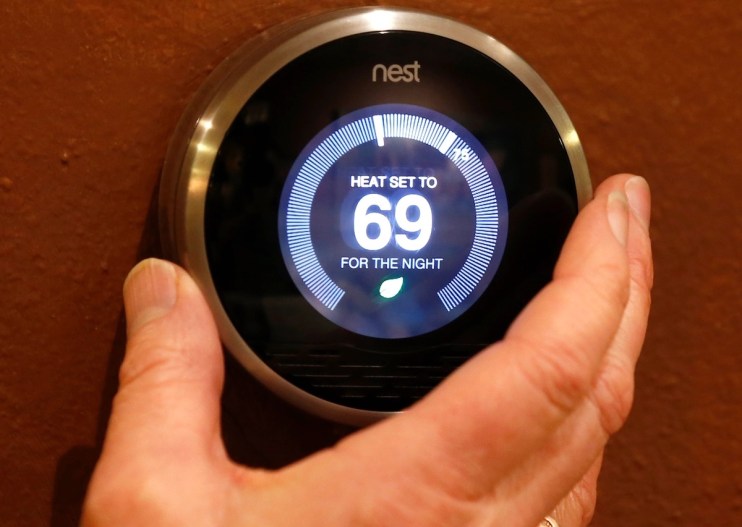Three million smart meters not working as intended as government rollout stalls

The government is facing challenges in meeting its latest smart meter rollout targets as suppliers exhaust the “low hanging fruit” of customers who want them, according to a new report.
According to latest figures, 57 per cent of all meters in Great Britain are now smart, although around 9 per cent – or three million – were not working as intended as of March this year, the National Audit Office (NAO) said.
In February, the government launched a consultation on plans to have smart meters installed in 80 per cent of homes and 73 per cent of small businesses by the end of 2025 to help achieve net zero targets and save money.
The NAO said the Department for Energy Security and Net Zero (DESNZ) had made recent progress with the rollout, but faced challenges in meeting its latest targets.
The government had worked with industry to develop new smart meter technology that worked in more homes, but there remained a shortage of installation engineers and disagreements with suppliers, who argued they had exhausted the “low hanging fruit” of customers who wanted the devices.
Suppliers were therefore calling for new policies to support the rollout, such as mandating a smart meter replacement for any traditional meter that breaks, while the department for energy security and net xero (DESNZ) had called on suppliers to improve their performance against installation targets and invest more in rolling out devices.
The current target is a watered-down ambition from the original plan to fit a smart meter in every home in the country by 2020, which was abandoned in 2019 when the government realised there was no chance of it being met.
At that point, the target was extended to 2024 – but after Covid caused further delays another year was added to the deadline.
Suppliers are tasked with ensuring that the homes they provide energy to are offered a smart meter, with the cost of installing them fed through to households via bills.
The NAO also said the forecast £13.5bn total cost of the rollout, made in 2019 by DESNZ predecessor BEIS, would rise because average installation costs were higher than expected.
The NAO has recommended the government updates data on programme costs and benefits, and said DESNZ and suppliers also needed to work together to overcome disagreements and address the slower-than-planned installation rates.
NAO head Gareth Davies said: “The rollout is now at a crucial point – and the department should ensure it has robust information on both the total costs and benefits of smart meters to make decisions from an informed position to maximise value for money.
“DESNZ must now work with suppliers to get the programme on track, for the benefit of millions of consumers and small businesses and government’s wider environmental goals.”
Press Association – Josie Clarke
